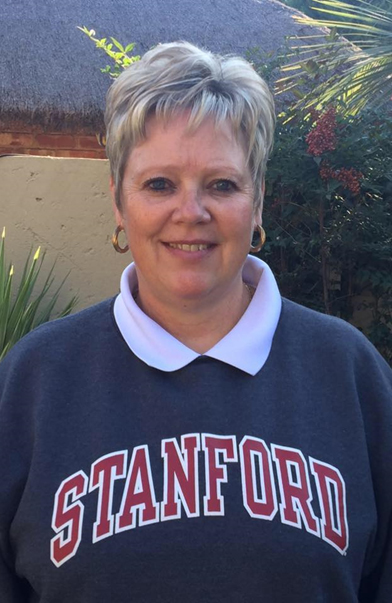The Covid-19 pandemic has once again highlighted the reading literacy crisis in South Africa. The inaugural 2030 Reading Panel calls for “fundamental reforms” to ensure that all children read for meaning by 2030 at the age 10. Currently, 78% of children cannot read for meaning. Due to rotational timetables and school closures in 2020 and 2021, children in South Africa have lost 1,3 years of learning.
This is according to Prof Carisma Nel from the North-West University’s (NWU’s) Faculty of Education.
She adds that new assessments show that in 2021 children in Grade 4 knew less than children in Grade 3 in 2018.
“Taking into account South-Africa’s current trajectory, it will take approximately 80 years before all 10-year-olds can read for meaning. Although President Ramaphosa committed his administration to ensuring that all 10-year-olds will read for meaning by 2030, current projections indicate that only 36% will be able to read for meaning by 2030, and currently only 22% of 10-year-olds can read for meaning in any language,” says Prof Nel.
“Teachers are often seen as the frontline of defence in efforts to prevent reading problems. However, far too few teachers are presently proficient in scientifically evidence-based reading instruction, and far too many of the programmes that prepare the country’s teachers are failing to give them the grounding they need to become proficient.”
Prof Nel is an educational linguist, and her research focuses on finding ways to ensure that South-Africa’s teachers get sufficient practice-based opportunities in scientific evidence-based reading instruction.
“One of the innovations I am currently focusing on is the use of a mixed-reality classroom environment where student teachers are given the opportunity to engage with avatars to practice a variety of core reading practices.
“Mixed reality simulations (MRS) are technology-enhanced scenarios that merge real and virtual worlds, and have been shown to improve pedagogical proficiencies through structured simulated practice,” she adds.
According to Prof Nel, the technology currently used for mixed reality student teacher simulations utilises a combination of immersive virtual environments and human-directed in-the-moment puppetry, a model known as human-in-the-loop (HITL).
The immersive quality of these environments leaves participants feeling as if they are interacting in a real-life scenario, instead of pretending. TeachLivE™ utilises HITL avatar-based simulated environments, meaning those participating in the MRS interact with computer-based, human-controlled avatars acting as learners or other education stakeholders (e.g., mentor teachers or parents).
“With TeachLivE™, student teachers deliver mock lessons, hone their content-specific teaching practices, develop their classroom management skills, and practice new pedagogical skills in a safe and controlled environment. This technology enables student teachers to develop their teaching practice before working with real students,” adds Prof Nel.

Prof Carisma Nel.
